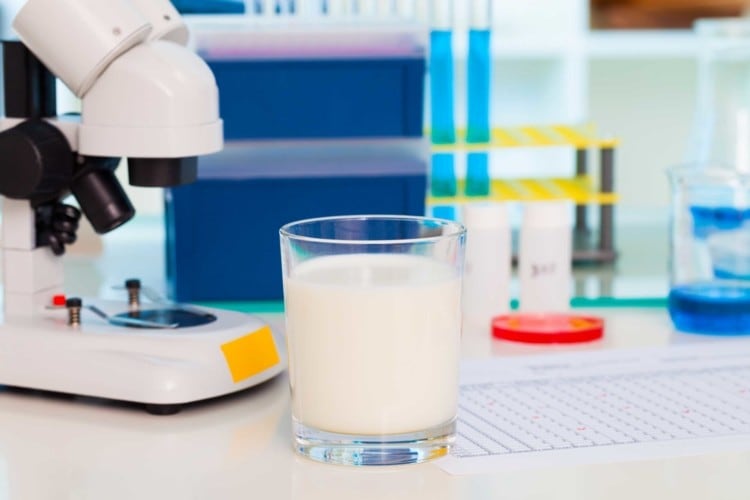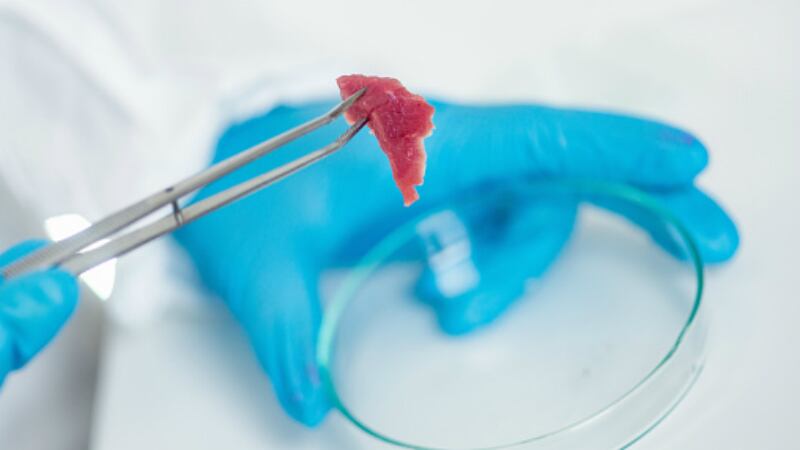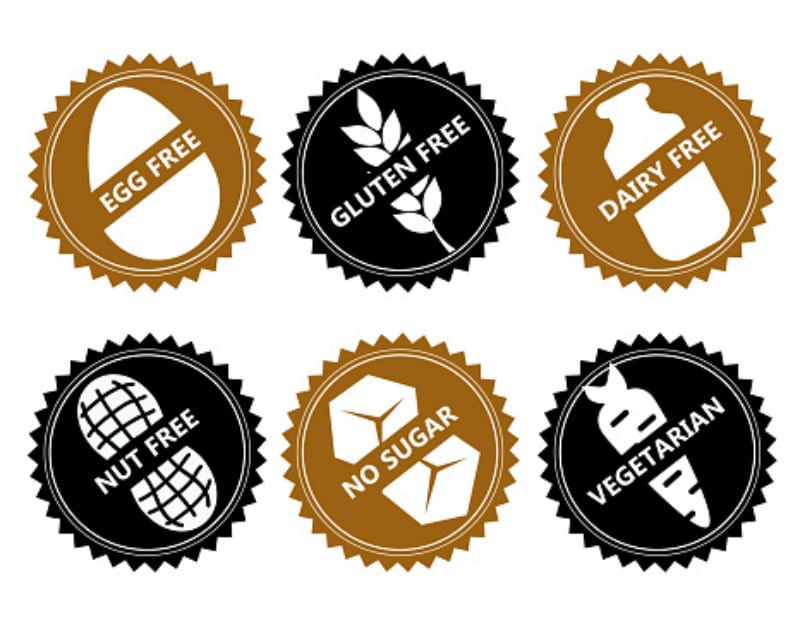Five top trends set to shape the APAC food and beverage sector in 2020
We take a look at the five top trends that look set to shape the Asia Pacific food and beverage industry in 2020, from fortification to cell-based development to sustainability and more.
Milk minus the cows? Meet the Singapore start-up using stem cells to make milk
Singapore start-up TurtleTree Labs is producing milk in the laboratory using stem cells, and is now beginning discussions with major brands to gauge their interest in collaboration.
The technology involves using stem cells to create mammary gland cells that can lactate. TurtleTree’s says its method of producing milk is 98% more carbon efficient than regular milk production practices.
The firm’s founder and CEO, Lin Fengru, told FoodNavigator-Asia the stem cells were derived from four different sources of mammal milk, including bovine (cow’s milk) as well as humans, the latter for its lab-produced breast milk.
Australian industry attacks potential ban of ‘meat’, ‘milk’ labels for plant-based products
The alternative protein-based foods industry and government in Australia are at odds over the use of terms such as ‘milk’, ‘meat’ and ‘seafood’ to label these, with tensions rising after the issue proceeded to high-level ministerial discussions.
The communique issued from the most recent Australia and New Zealand Ministerial Forum on Food Regulation placed this issue under the header of ‘Misleading Descriptions of Food’, where it was revealed that the labelling of both plant-based and cell-based products had been discussed, but no conclusions had been reached as yet.
According to the official statement, concerns had been raised by ‘some stakeholders’ that labelling plant-based alternatives ‘may be misleading to consumers’, but that the alternative products sector was also recognized for its ‘growing value’.
Australian bushfires: Food safety and produce shortages additional concerns as blazes rage
The deadly bushfires raging across Australia are also posing serious food safety risks, officials have warned, while damaged transport links are also likley to lead to shortages of some fresh produce.
Tens of thousands of residents and visitors have fled the fire hit coastal region of New South Wales, but all states have been affected to some extent.
The blazes had claimed 23 lives as of Saturday January 4, with more people unaccounted for.
With the fires showing little sign of slowing, and leading to widespread power cuts, there are now concerns that food safety risks could be heightened.
The future of food: The top 10 science, research and technology stories of 2019 under the microscope
In our year-end round up of the most-read stories relating to food science, research and technology, we recap stories about blockchain, food additives and allergens, protein and more.





